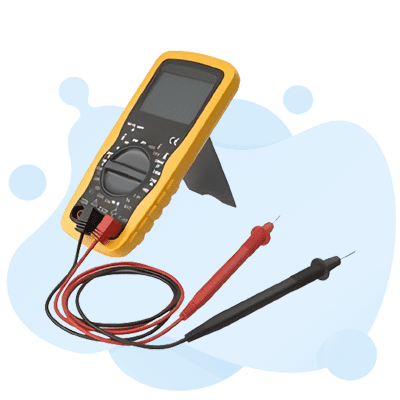
The American Society for Nondestructive Testing, Inc. (ASNT) is a leading professional organization dedicated to advancing nondestructive testing and evaluation techniques for quality assurance. Established in 1941, ASNT has been at the forefront of promoting the use of NDT methods across various industries, including aerospace, manufacturing, energy, and infrastructure.
The American Society for Nondestructive Testing, Inc. (ASNT) is a leading professional organization dedicated to the advancement of nondestructive testing (NDT) and evaluation techniques. Founded in 1941, ASNT has been at the forefront of promoting the use of NDT methods across various industries, including aerospace, manufacturing, energy, and infrastructure.
ASNT is a non-profit organization that serves as a hub for professionals, researchers, and educators in the field of nondestructive testing. The society aims to provide a platform for the exchange of knowledge, the development of industry standards, and the certification of NDT personnel.
Since its inception, ASNT has played a crucial role in shaping the NDT industry. The organization has been instrumental in advancing the development of nondestructive testing methods, such as ultrasonic testing, radiographic testing, eddy current testing, and visual inspection. ASNT’s contributions have helped ensure the quality control, material evaluation, and flaw detection in various industries, ultimately enhancing quality assurance and safety standards.
The mission of ASNT is to promote the nondestructive testing profession through certification programs, technical training, and the dissemination of industry best practices. The organization’s key objectives include:
ASNT plays a pivotal role in promoting and advancing various nondestructive testing (NDT) methods that are crucial for quality assurance and safety across different industries. From the widely-used ultrasonic testing to the innovative eddy current testing, the organization ensures that the latest NDT techniques are widely adopted, standardized, and continuously improved.
Ultrasonic testing (UT) is a highly effective NDT method that utilizes high-frequency sound waves to detect internal flaws and defects in materials. ASNT provides comprehensive training, certification, and industry guidance to ensure the proper application of UT across a range of industries, including aerospace, manufacturing, and infrastructure projects. By leveraging the power of sound waves, UT enables non-invasive inspection and evaluation of critical components, contributing to improved product quality and safety.
Radiographic testing (RT) is another key NDT method that ASNT strongly advocates. This technique uses ionizing radiation, such as X-rays or gamma rays, to penetrate and examine the internal structure of materials, allowing for the detection of flaws, voids, and other defects. ASNT ensures that RT is carried out in compliance with strict safety protocols and industry best practices, promoting its use in fields like welding, casting, and pipeline inspection.
Eddy current testing (ECT) is a versatile NDT method that utilizes electromagnetic fields to detect surface and subsurface defects in conductive materials. ASNT’s expertise in ECT includes providing training, certification, and technical guidance to ensure the accurate and efficient application of this technology across various industries, from aerospace to power generation. By leveraging the principles of electromagnetism, ECT enables non-contact, rapid inspection and evaluation of critical components.
While advanced NDT methods like ultrasonic, radiographic, and eddy current testing are crucial, ASNT also recognizes the importance of visual inspection. The organization offers training and certification programs to ensure that visual inspection personnel are equipped with the necessary skills and knowledge to thoroughly examine surfaces, detect anomalies, and assess the overall condition of materials and structures. Visual inspection remains an integral part of the NDT toolkit, complementing other advanced techniques for comprehensive quality control and safety assurance.